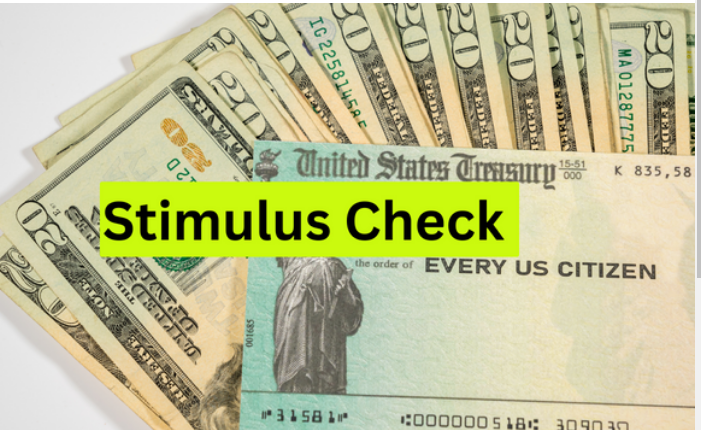As of January 13, 2024, there is no official confirmation of a fourth round of stimulus checks in the United States. Online rumors and social media posts suggesting a $1,750 stimulus check are not backed by credible sources. These claims often misinterpret or exaggerate legislative proposals or economic analyses, creating a cloud of misinformation.
In the current political environment, there is no active legislation proposing a $1,750 stimulus payment. However, discussions among members of Congress regarding inflation relief and economic support for specific sectors are ongoing. While these talks indicate a recognition of economic challenges, they do not necessarily imply the issuance of stimulus checks. Such proposals reflect a broader conversation about potential economic interventions, not a commitment to direct payments.

Economists and financial analysts urge caution, recognizing the economic difficulties while advising against premature expectations of another round of broad-based stimulus. Notably, Mark Zandi, chief economist at Moody’s Analytics, points to the possibility of targeted assistance for the most vulnerable populations rather than a universal payout. This approach would focus on those most affected by the current economic situation, rather than a blanket payment to all citizens.
If a stimulus program were to be introduced, determining who qualifies would be a key issue. Previous stimulus rounds considered factors like income levels, dependency status, and tax filing status. These criteria will likely be a factor in any future stimulus program, but specifics such as income thresholds and family composition are yet to be determined.
The timeline for potential stimulus payments remains uncertain without official confirmation or legislative framework. Past stimulus initiatives followed varying timelines, with some being distributed weeks after legislation approval and others taking months. Consequently, any speculated dates for the distribution of a new round of stimulus checks should be approached with skepticism.
Potential Economic Ripple Effects
If a new stimulus package were implemented, it could have several effects on the economy. A $1,750 stimulus could provide a much-needed boost to consumer spending and help alleviate the impact of inflation on household budgets. Targeted assistance could also be a vital support for low-income families and those most at risk. However, a broad-based stimulus could increase inflationary pressures, especially in the context of ongoing supply chain issues. Additionally, repeated reliance on stimulus measures could raise concerns about the long-term fiscal sustainability of such initiatives.
While a stimulus check might provide short-term relief, addressing the root causes of the current economic challenges requires a more comprehensive approach. This could include investments in infrastructure, workforce development initiatives, and measures to resolve supply chain issues, aiming to create a more resilient and stable economy in the long term.
As things stand, the $1,750 stimulus check is more a topic of speculation than a reality. While future financial assistance is not out of the question, it’s important to maintain a responsible skepticism and rely on official sources for information. Keeping abreast of legislative developments and economic analyses will enable us to better understand the evolving economic landscape and prepare for future scenarios.
Read More:
- Trump and Haley trade barbs as NH gets ready to vote in primary
- N.Y. midwife falsified thousands of vaccine records
- Storm impacting New Jersey schools
In the backdrop of these discussions, it’s vital to consider the broader economic context. In 2022, the Consumer Price Index for all urban consumers rose by 7.0%, as reported by the Bureau of Labor Statistics. This increase has significantly affected household budgets across the country. Furthermore, the median household income in the United States was $67,521 in 2021, according to the US Census Bureau, underscoring the varied economic situations of American families. Lastly, the Congressional Budget Office projects the federal budget deficit to reach $1.2 trillion in 2023, highlighting the challenges of fiscal sustainability and the cost implications of potential economic measures like stimulus checks. These statistics provide a crucial backdrop to the conversation around potential economic interventions, emphasizing the importance of using accurate data and credible sources in public discourse.

